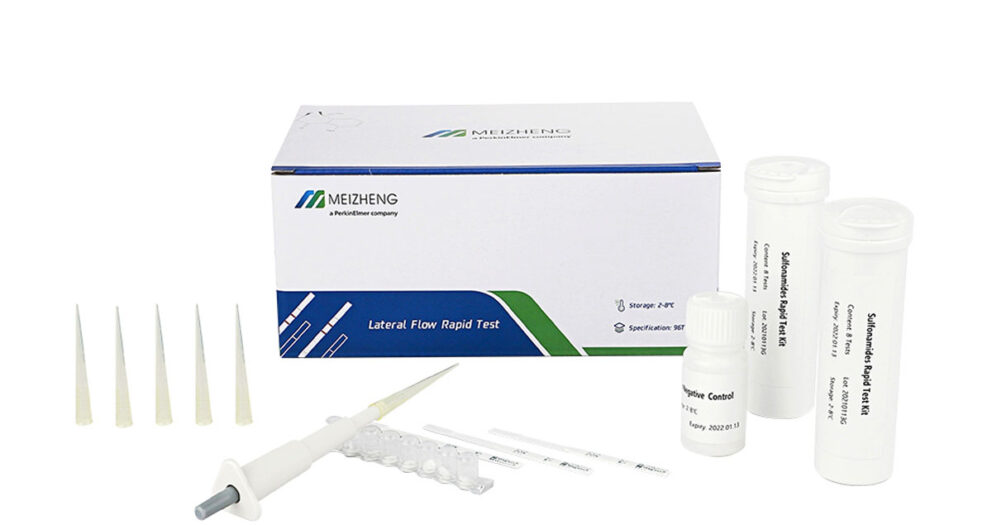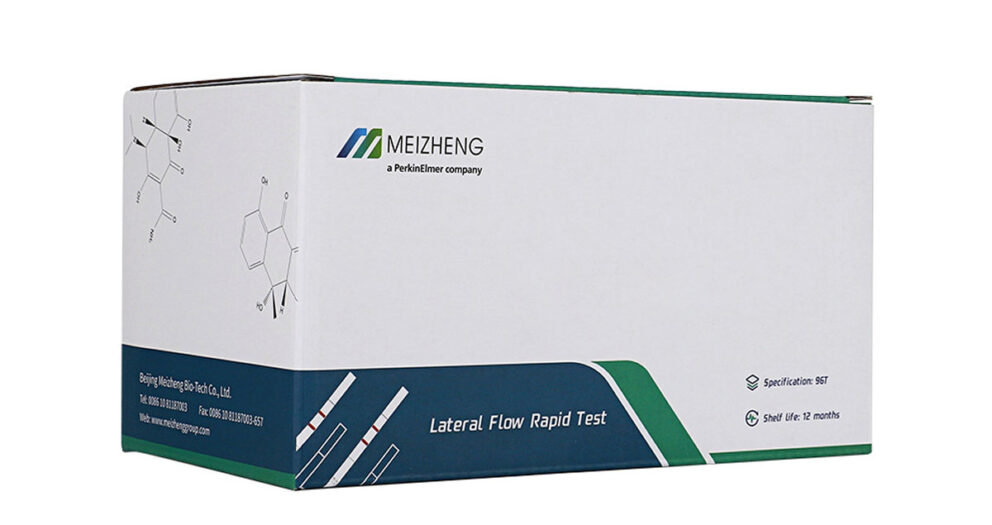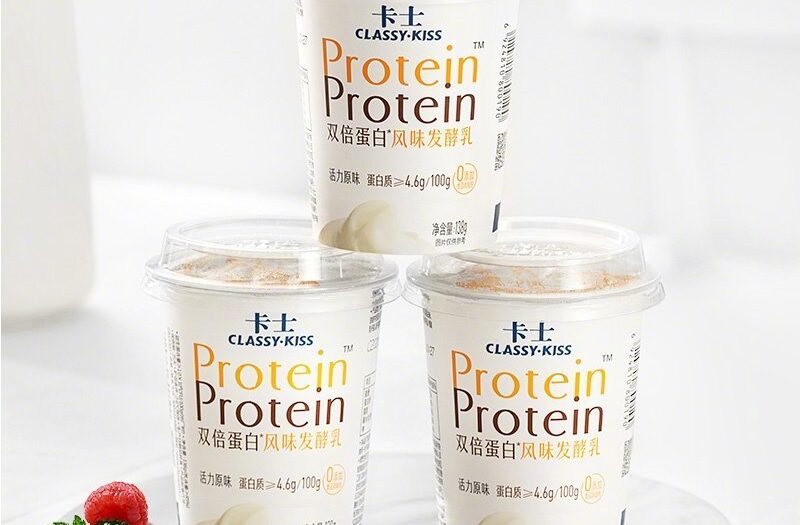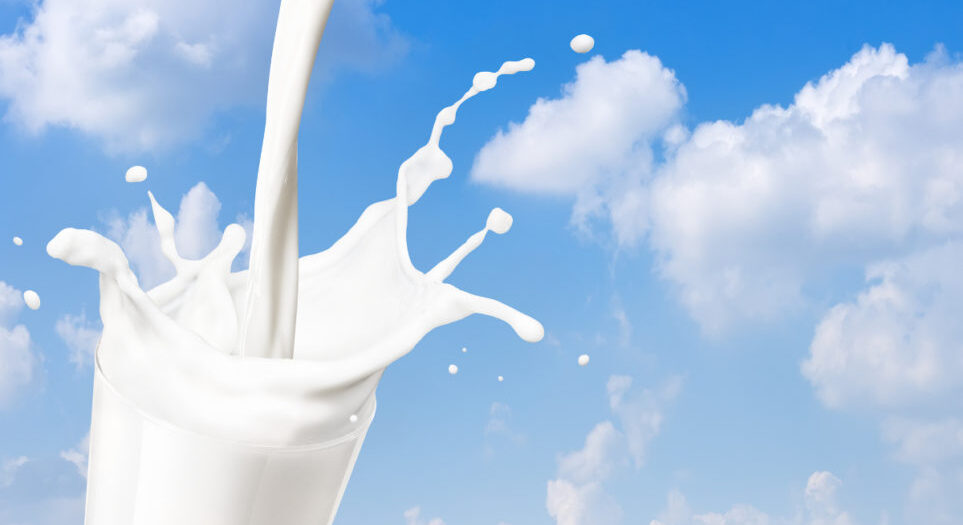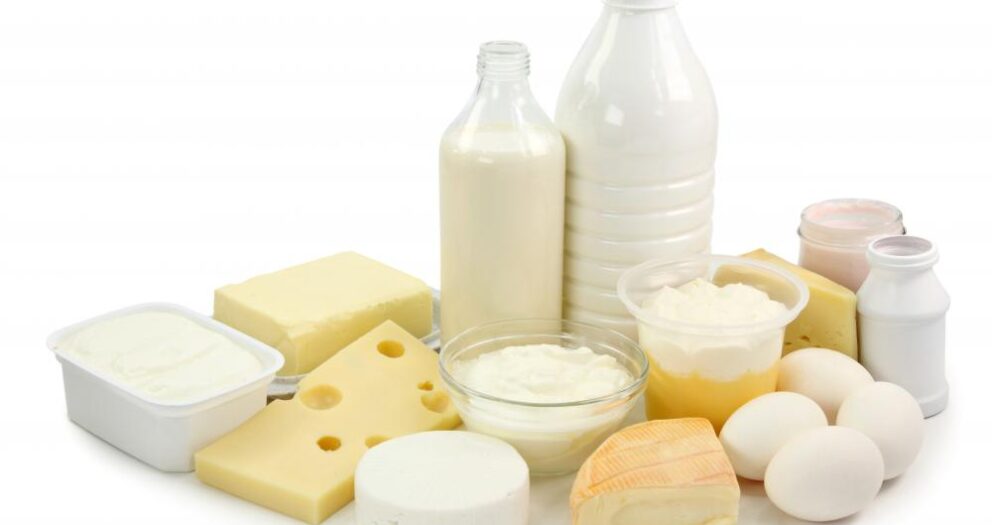On the list of “12 Most Polluted Fruits and Vegetables” recently circulated on the Internet, strawberries have been ranked first for five consecutive years, and are also known as “dirty fruits and vegetables”. The truth is this:
A non-governmental organization in the United States, the Environmental Working Group (EWG), found through research that 70% of traditionally grown fruits and vegetables contain pesticide residues. After the comprehensive detection of pesticide residues, the types of pesticide residues, the average maximum pesticide residue content and other 6 indicators, strawberries ranked first and were rated as “dirty fruits and vegetables”, that is to say, the so-called “dirty” refers to is a high level of pesticide residues.
However, it is unscientific to talk about toxicity aside from the dose!
Yun Wuxin, a food engineering doctor, said that the criterion for determining whether fruits and vegetables are safe is not “whether pesticide residues are detected” or “how many pesticide residues are detected”, but “whether pesticide residues are detected exceeding the standard”.
The above results show that the unqualified pesticide residue items in strawberry are mainly dimethomorph exceeding the standard. Meizheng provides rapid test kits for dimorpholine:
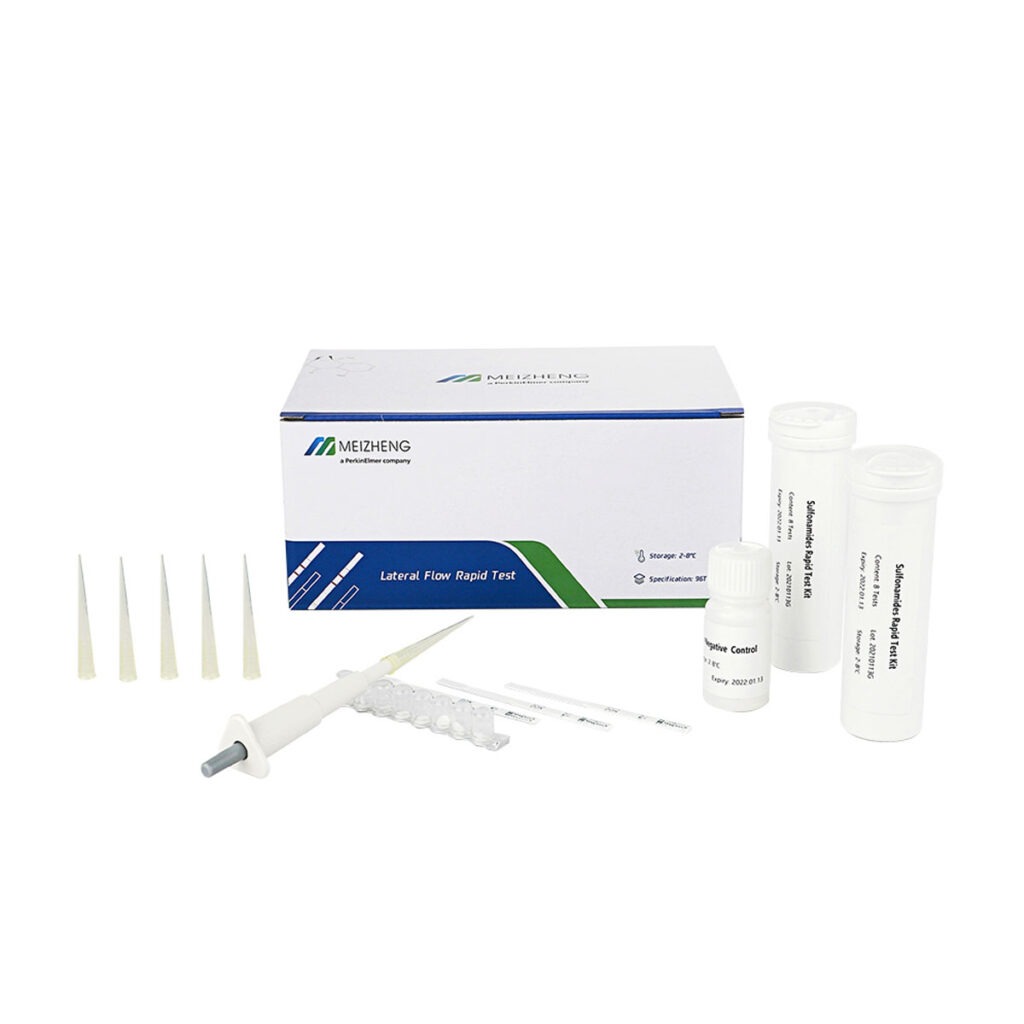
Norovirus after eating strawberries?
Norovirus is one of the major pathogens that cause sporadic and outbreaks of viral acute gastroenteritis worldwide. Norovirus has an incubation period of 12-48 hours and symptoms include diarrhea, vomiting, bloodless stools, nausea, abdominal pain and low-grade fever. The disease duration does not exceed 48 hours. It is a self-limiting disease. The global norovirus infection rate in patients with acute gastroenteritis is as high as 18%, which is second only to rotavirus.
Norovirus is extremely contagious. It can be spread through food, water, saliva, etc., and men, women, and children are “killed” without mercy. In places where people are concentrated such as kindergartens, schools, hospitals, and communities, it may can cause clustering.
It’s Noro season!
November to April of the next year is the season of high incidence of norovirus. Although picking strawberries is okay, you must not eat while picking. If you eat strawberries that have not been thoroughly cleaned, you will be easily infected with norovirus.
How to properly wash strawberries?
It is best not to soak strawberries in water, but to wash them with running water. Because soaking strawberries in water will dissolve the pesticides attached to the surface of the strawberries in the water, which will be absorbed by the strawberries and seep into the fruit, which is not good for the human body if eaten. Walk a large part. Then soak in light salt water. After rinsing strawberries, it is best not to eat them immediately, because many germs will remain on them. It is recommended to continue soaking in light salt water for 5 minutes, and then rinse with water before eating.



